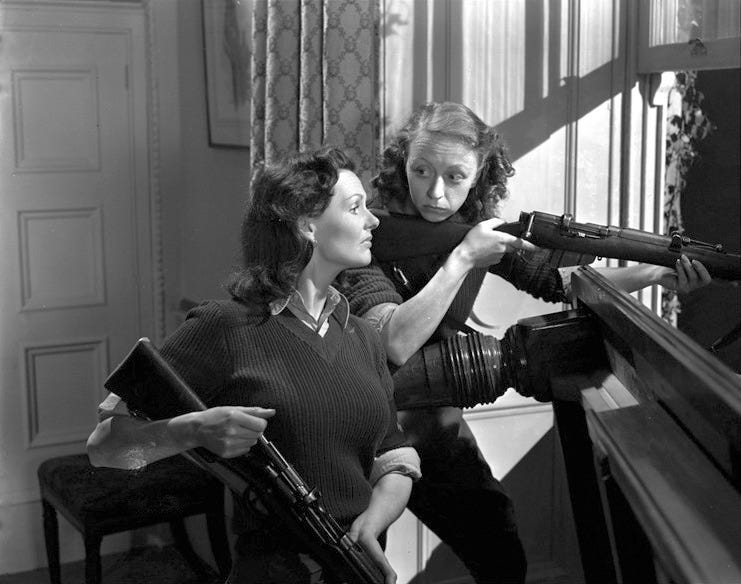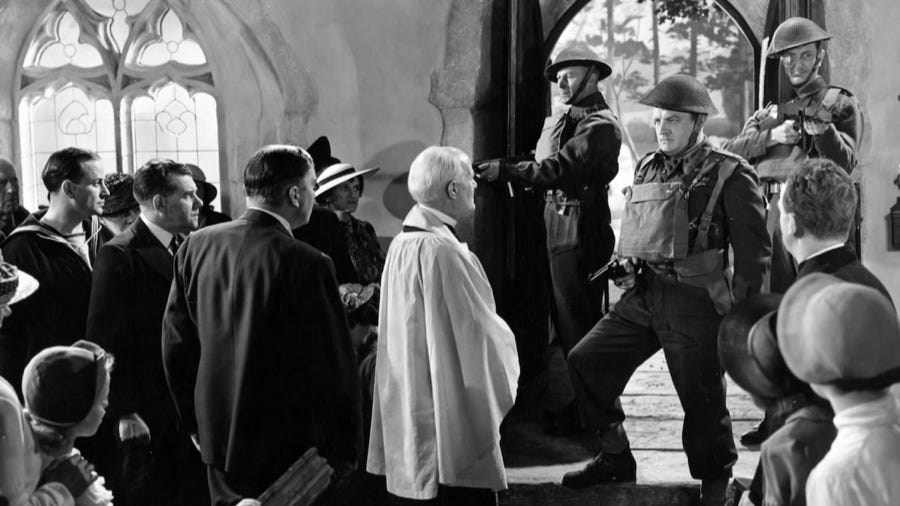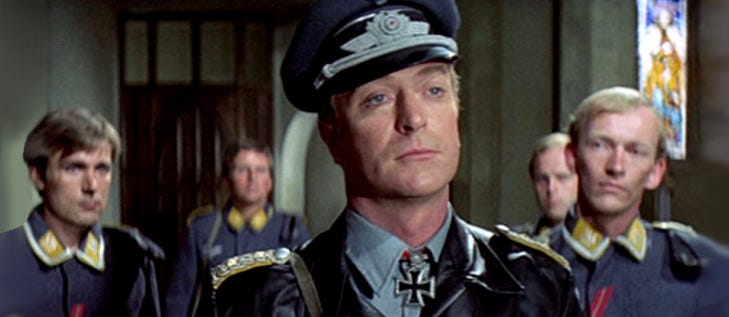The village of Turville lies in a Chiltern Valley, about thirty-five miles from London, on the Oxfordshire-Buckinghamshire border, an exercise in the local brick and flint- with a 12th Century church, a green, a half-timbered pub (The Bull & Butcher) and a 1930s red telephone box— where in 1871 (in one of the picture-postcard cottages) a young girl feel ‘asleep’, to awaken from her slumbers some nine years later. Until recently, there was an original ARP painted Air Raid sign attached to a tarred, clapboard barn, a relic of the Second World War, which has either been stolen or removed. Visitors find it quaint, and during the summer months, the village is plagued by trippers, parked cars, and Sunday afternoon walkers in radioactive anoraks, the metaphorical charabanc up from London. This is very much my home patch, and as a thrusting young estate agent (from one of our smarter property agencies) once reminded me: ‘the first proper countryside outside London’.
Alongside its sister village, Hambledon, Turville has been captured on celluloid on numerous occasions, both on film and television: In Separate Lies (2005), Julian Fellowes’ drama based on Nigel Balchin’s A Way Through The Wood (1951) (one of my all-time favourite books), in An Education (2009), in The New Avengers (1976-77), The Vicar of Dibley (1994-2000), endless episodes of The Midsomer Murders and, of course, Chitty Chitty Bang Bang (1968), starring Caractacus Potts’ windmill (perched high on the hill overlooking the village), once owned by Hayley Mills and used, incidentally, as a marker by the gilder pilots from nearby Booker Aerodrome— again, used as a location for the RFC airfield in Aces High (1976). This is film country.
Turville is also the location for Ealing’s Went the Day Well? (1942), directed by the Brazilian director, Alberto Cavalcanti, and based on Graham Greene’s short story, The Lieutenant Died Last (1941)— and a personal favourite of Martin Scorsese. The plot is relatively simple. Crack German paratroopers (disguised as as a platoon of Royal Engineers) land in Southern England and seize Turville, the fictitious Bramley End, holding the villagers hostage. Sounds familiar? The Eagle Has Landed (1975) covered a similar plot, with Oxfordshire’s Mapledurham standing in for brick-and-flint Norfolk. Except by 1975, the Germans, led by Michael Caine in a smart Luftwaffe uniform, had become likeable, Bach-loving, child-rescuing patriots (as opposed to brutal, ruthless, totalitarian Nazis), with the Americans (in The Eagle Has Landed) portrayed as gung-ho amateurs lead by an inexperienced (if brave) idiot, Colonel Clarence E. Pitts (Larry Hagman).
Keep reading with a 7-day free trial
Subscribe to Luke Honey's WEEKEND FLICKS. to keep reading this post and get 7 days of free access to the full post archives.






